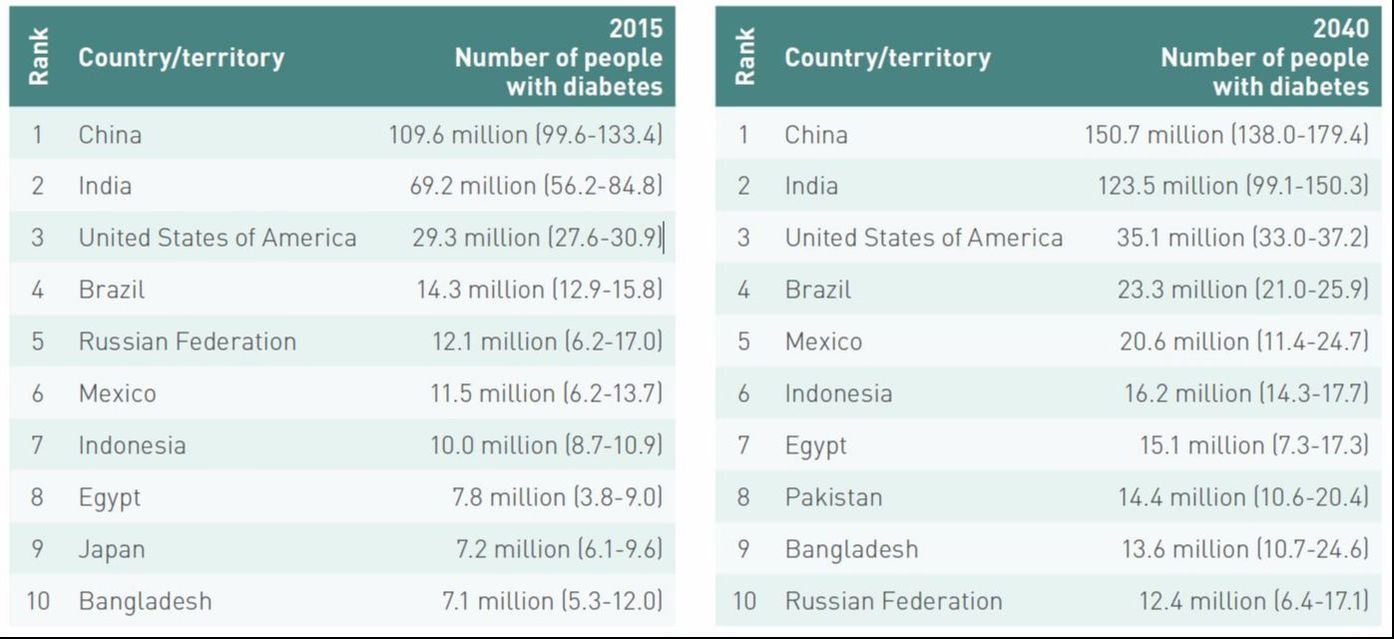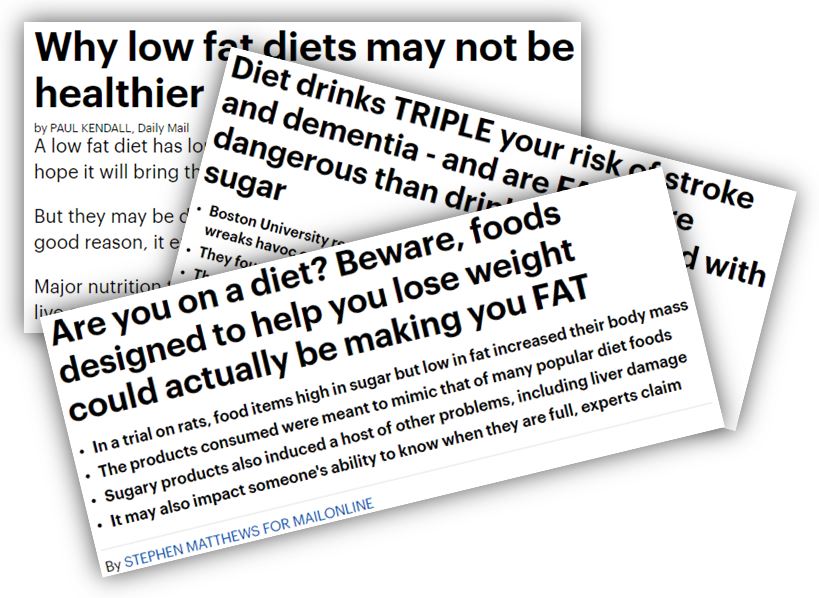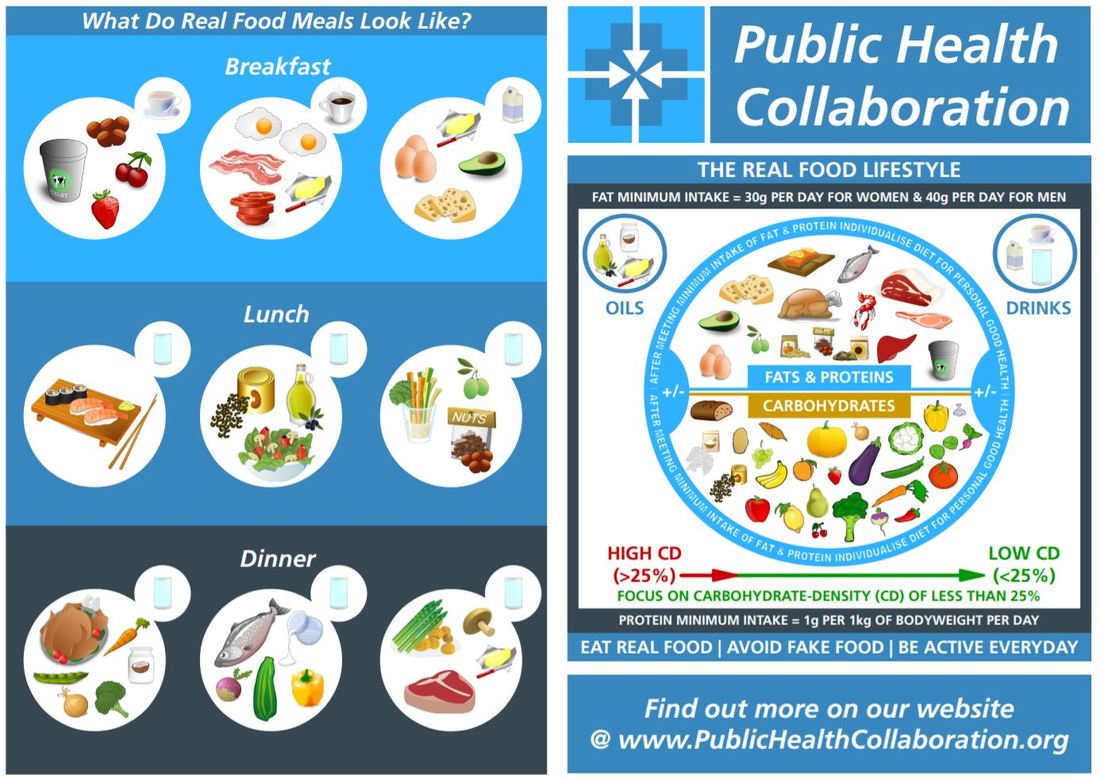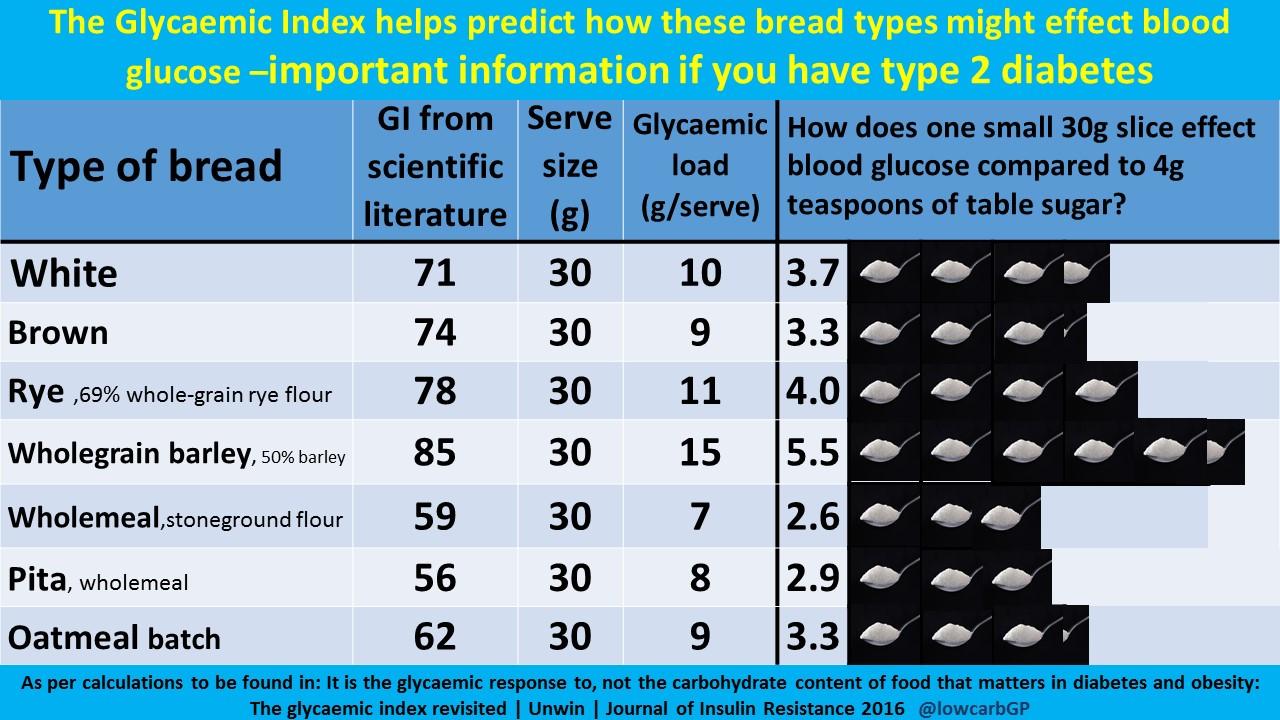While everyone accepts that diet plays a big role, entrenched opinions, definitions and varying viewpoints on today’s junk food culture combine to stop a clear message emerging. Battles between different dietary approaches and the views of their advocates continue to play out, using information and misinformation from both established viewpoints (who hate change and don’t want to accept they might be wrong) and from numerous health pundits. Add to that many industry groupings and lobbying groups from the Bigfood and Bigpharma categories who also chime in, concerned about the potential impact on their future profits. Looking ahead, one thing is clear: Type-2 Diabetes, as well as being debilitating for more and more individuals is likely to become financially unsupportable for many governments. They simply won't be able to afford to care for all those afflicted. And it's all so predictable. Confusion reigns
In a world of alt-facts, we still trust our doctorIf like me, you’ve reached the conclusion that eating a real food diet with fewer carbohydrates is the best way to go - whether you are diabetic or not - you’ve probably read books, considered the available research and carried out some successful self-experimentation. You may have been influenced by the well-researched, thought provoking nature of Gary Taubes' or Nina Teicholz’s writing, or perhaps the inspirational approach taken by Professor Tim Noakes in South Africa. Whichever the case, your new-found convictions are probably strengthening. But for most people, to really deeply believe in the effectiveness of a health message means getting our convictions at the grass roots level, communicated to us by a General Practitioner. That's simply because generalist doctors belong to the declining group of influencers who still enjoy our trust. In a recent Ipsos Mori poll, Doctors led the field with an 89% trust factor, leaving bankers (37%) and politicians (21%) far behind. Doctors like Aseem Malhotra (albeit a cardiologist) and Rangan Chatterjee (famous for his Doctor in the House TV series) with their lifestyle related lower-carb, higher-fat convictions, have been gaining influence. Their approach adds to the more day-to-day experience of practitioners such as Dr David Unwin in his award winning Southport GP practice, or the considered advice from diabetes expert Dr David Cavan as outlined in his bestseller, Reverse Your Diabetes. If you intuitively agree with the benefits of such a lower-carb lifestyle approach, then with doctors like these on your side, you are in good company.
On that count by the way, it is self-evident, a truism, to say that we’re all different, yet it's pretty much irrelevant when it comes to preventing or stopping the rise in Type-2 Diabetes cases around the world. After all, not everyone who smokes 20 cigarettes per day dies from lung cancer, but only the smallest minority would now dispute the validity of banning ads or adding warnings to cigarette packets. The successful battle against lung cancer has been fought with a clarity of purpose and conviction… not by nickel-and-diming interpretations and dimensions of difference. What's true is that for most of those diagnosed as pre-diabetic, and pretty much all those who suffer from Type-2 Diabetes, the evidence is overwhelming. A lower-carbohydrate, higher-fat diet, based on eating real food helps almost everyone, and the specific proportions of carbs and fat that work best for you are indeed, a matter for personal trial and error. My personal tip: start low with the carbs and then gradually increase. I'm currently at 60-70 grams of net carbs per day - and I suppose that the fact I know this clearly puts me in the nerd category:) Confuse them and you'll lose them
Keep it simple stupid (KISS)Let’s begin by simplifying the communication chain: What are the 3 core problems associated with type-2 diabetes?
From tacit agreement to convictionOK - you're nodding your head in acquiescence, yet not totally convinced. This is where I come in - the experienced communications guy. The oldest parts of the brain (in evolutionary terms) are responsible for your fight or flight response, but also for the final say when it comes to decision making. When you’re absolutely sure of something, your New Brain (Cortex) will decide rationally what the right course of action is to be, but you won’t completely buy-in to that decision until the instinctive part (Old Brain) chimes in and agrees. Put differently, you make decisions based on emotions and then post-rationalise the whys, wherefores and other ‘reasons’ for moving ahead. The decisive yet instinctive Old Brain sees simple, straightforward relationships between things. It hates complexity. That’s why I firmly believe that there is little chance of shifting mind-sets unless there is a stronger and clearer starting position. That's why, Type-2 diabetes needs to be defined as what it really is, at least in 99% of cases; a disease of carbohydrate intolerance. If it would help in reaching agreement more quickly, perhaps we could all agree on: “Type-2 Diabetes is primarily a disease of carbohydrate intolerance”. When defined and communicated in this way - as a disease of carbohydrate intolerance – it becomes clear, logical and much easier to understand for all those at risk. "It stands to reason: I need to reduce the amount of carbohydrates I eat at every opportunity - in particular, by avoiding both sugar and starchy food". Crucially, if your GP uses that same language of 'carbohydrate intolerance', because of that existing bond of trust, your Old Brain will chime in with its support too.
This guest post was written by: James Capon MBA, a communications expert, former President of Levi Strauss in San Francisco and partner with SalesBrain Europe. He began eating low-carb a few years back and feels much better for it.
0 Comments
|
Sammy Pepys"FAT IS OUR FRIEND" ADVOCATES A DIET: Sammy Pepys was the pseudonym used by James Capon when writing this book. He is not a doctor or a nutritionist but has studied nutrition and holds an MPH from Edinburgh University. Over the years, he has become increasingly suspicious of today's conventional wisdom about diet and health. When it comes to what we eat, he has helped many learn to eat more healthily.
Archives
May 2020
CategoriesArchive
|
||||||||||||||||||||||||||||||||||||||||
| 1_blog_march_2014.docx | |
| File Size: | 546 kb |
| File Type: | docx |
| 2_blog_april_2014.docx | |
| File Size: | 245 kb |
| File Type: | docx |
| 3_blog_may_2014.docx | |
| File Size: | 642 kb |
| File Type: | docx |
| 4_blog_june_2014.docx | |
| File Size: | 426 kb |
| File Type: | docx |







 RSS Feed
RSS Feed